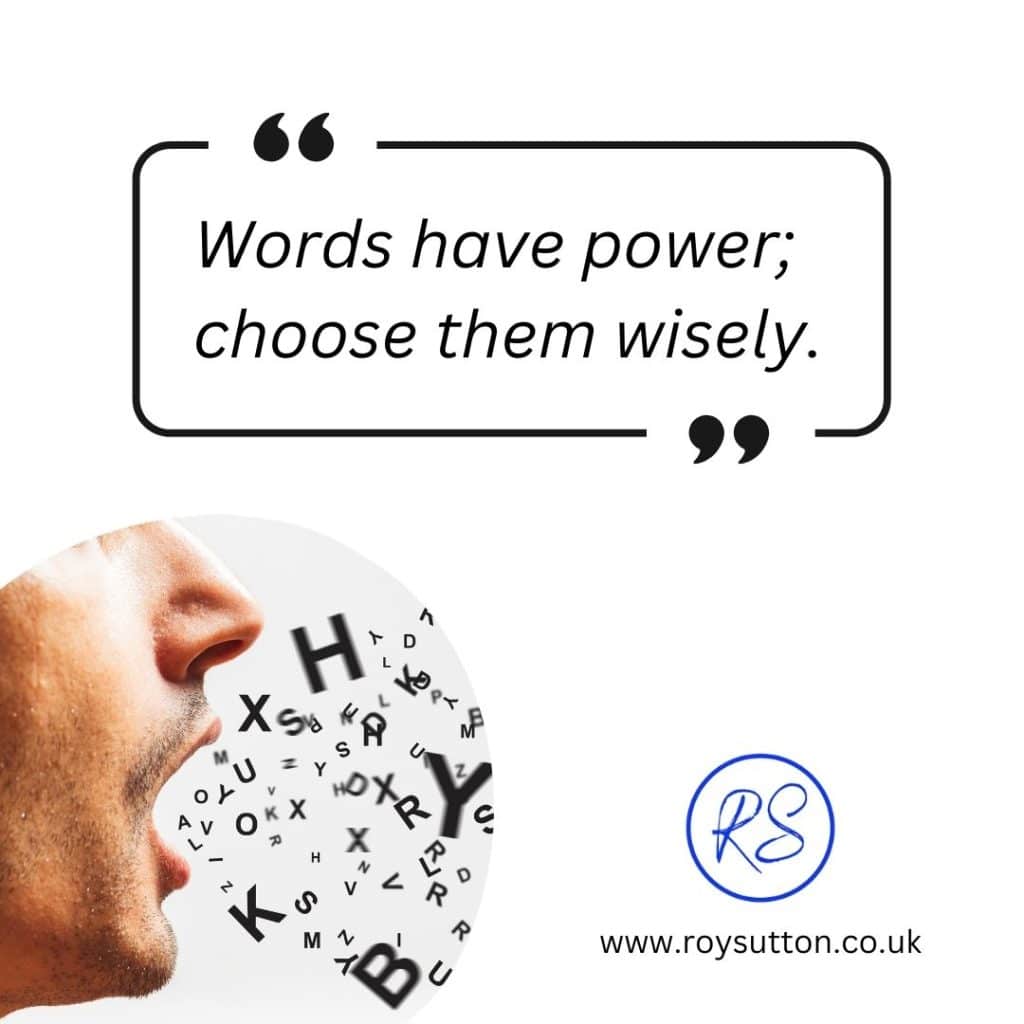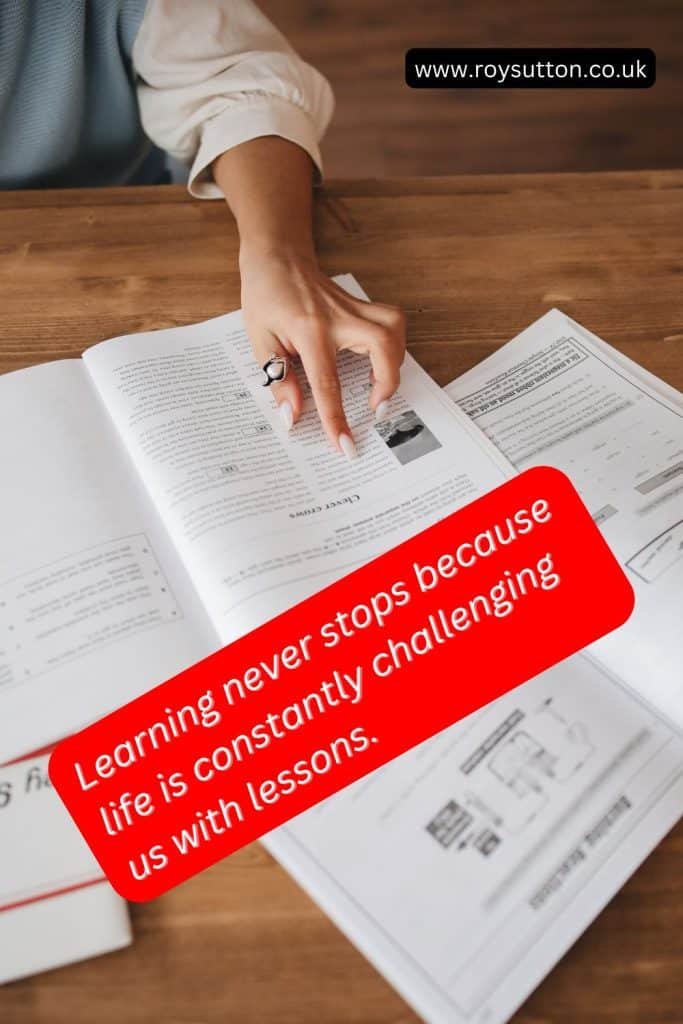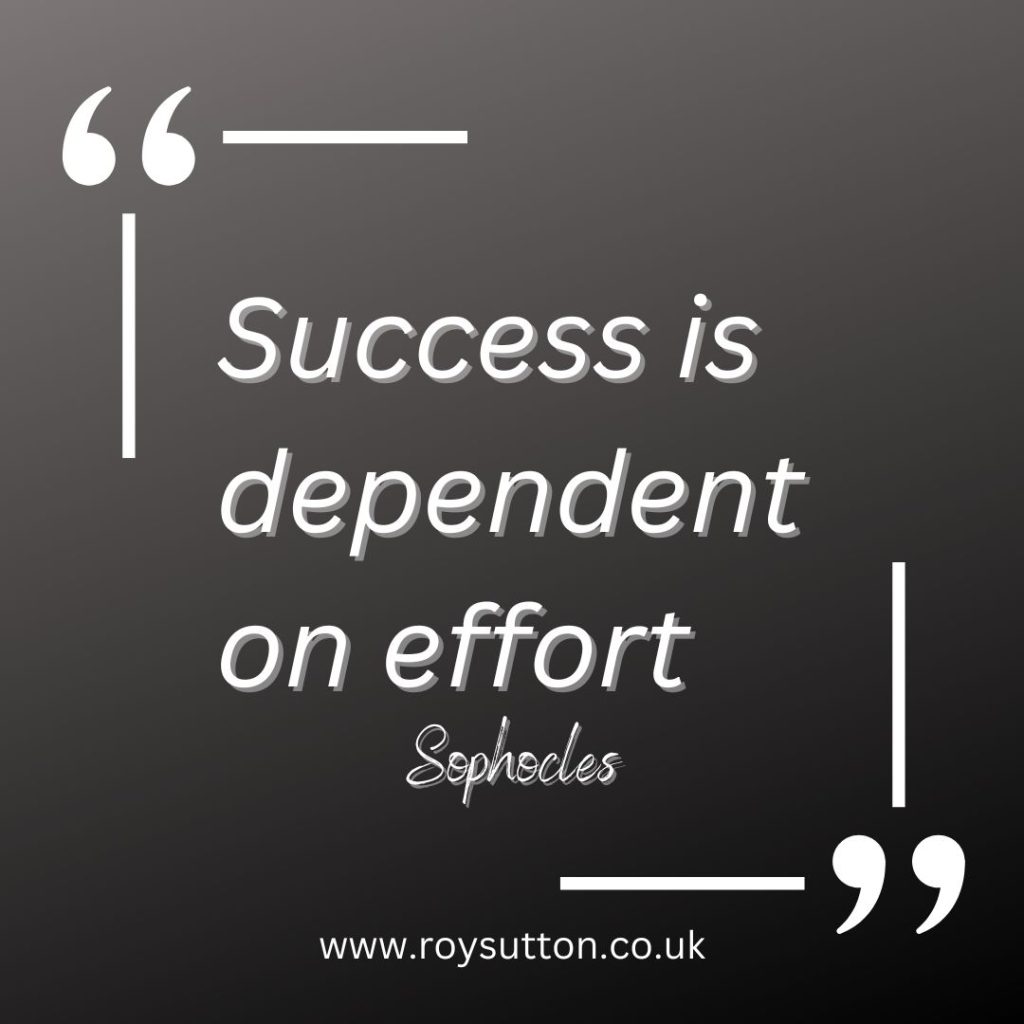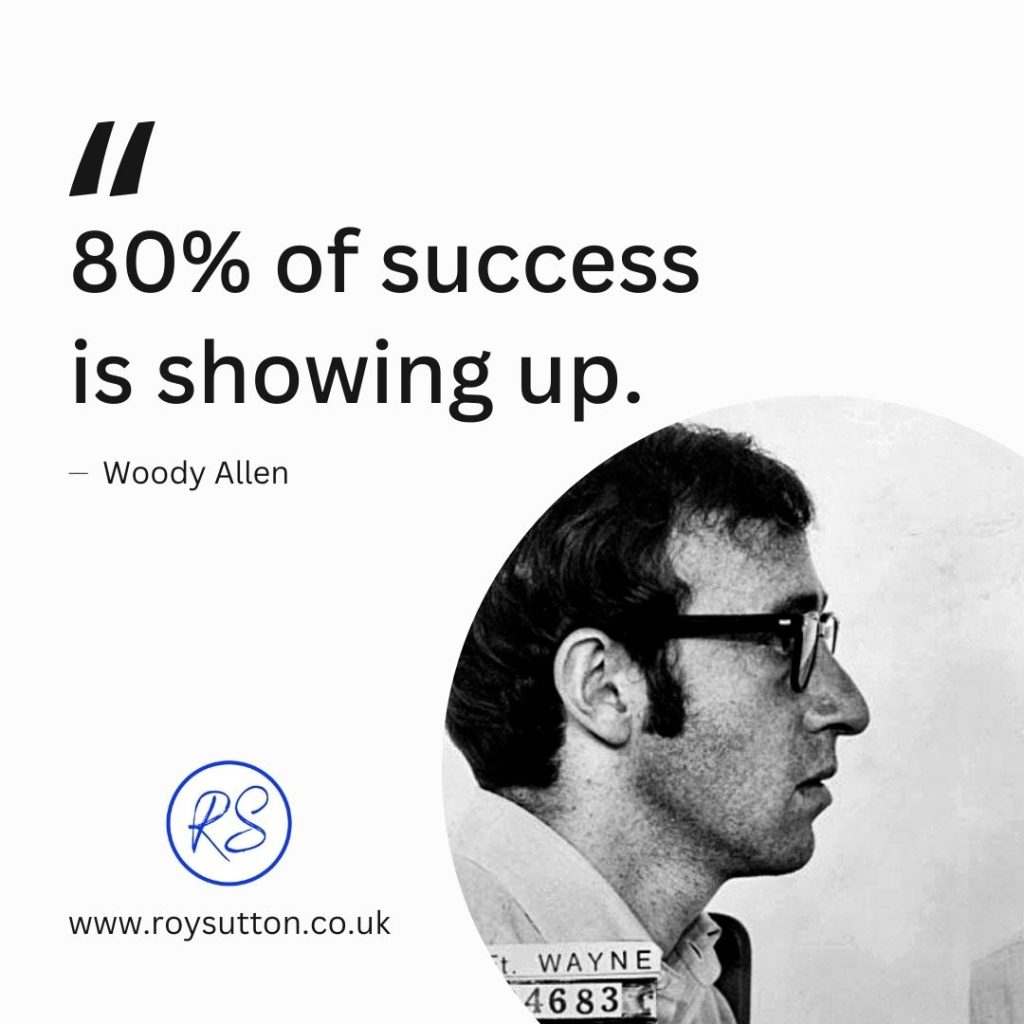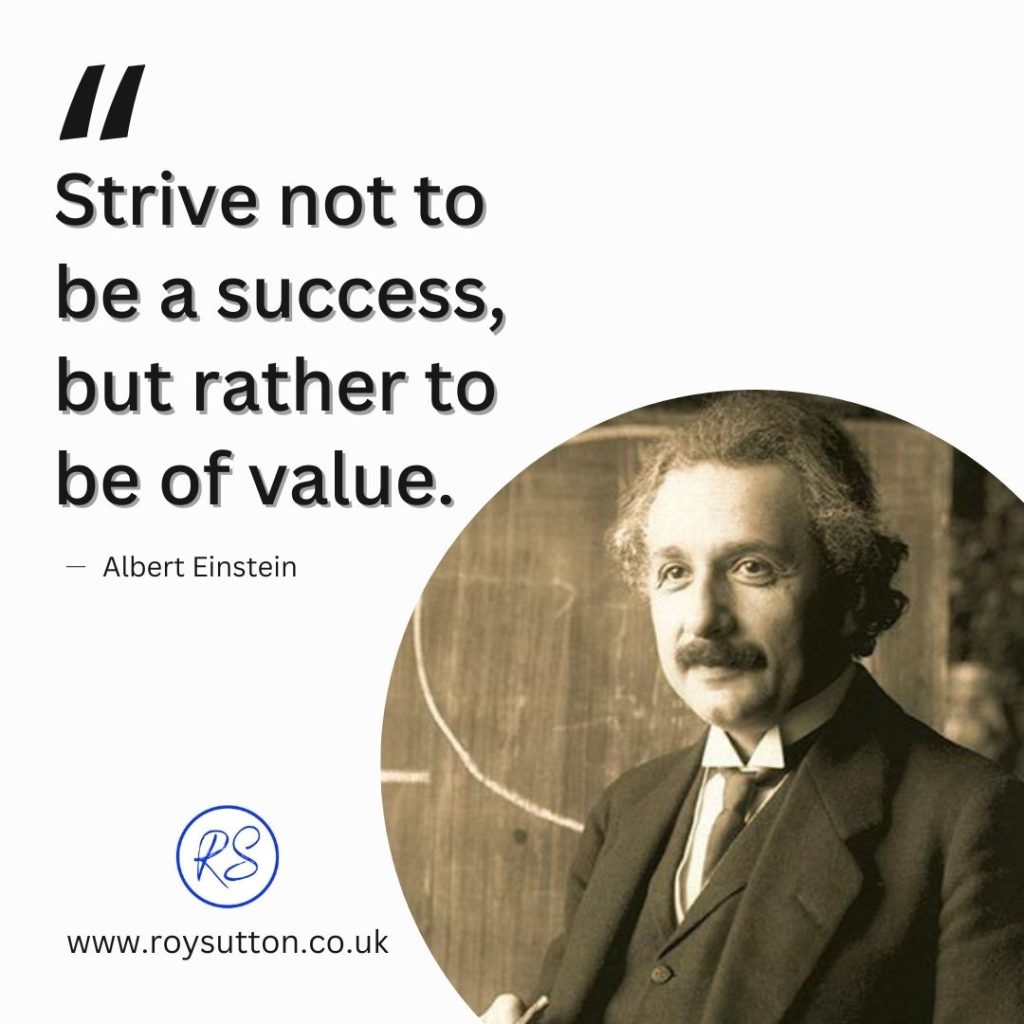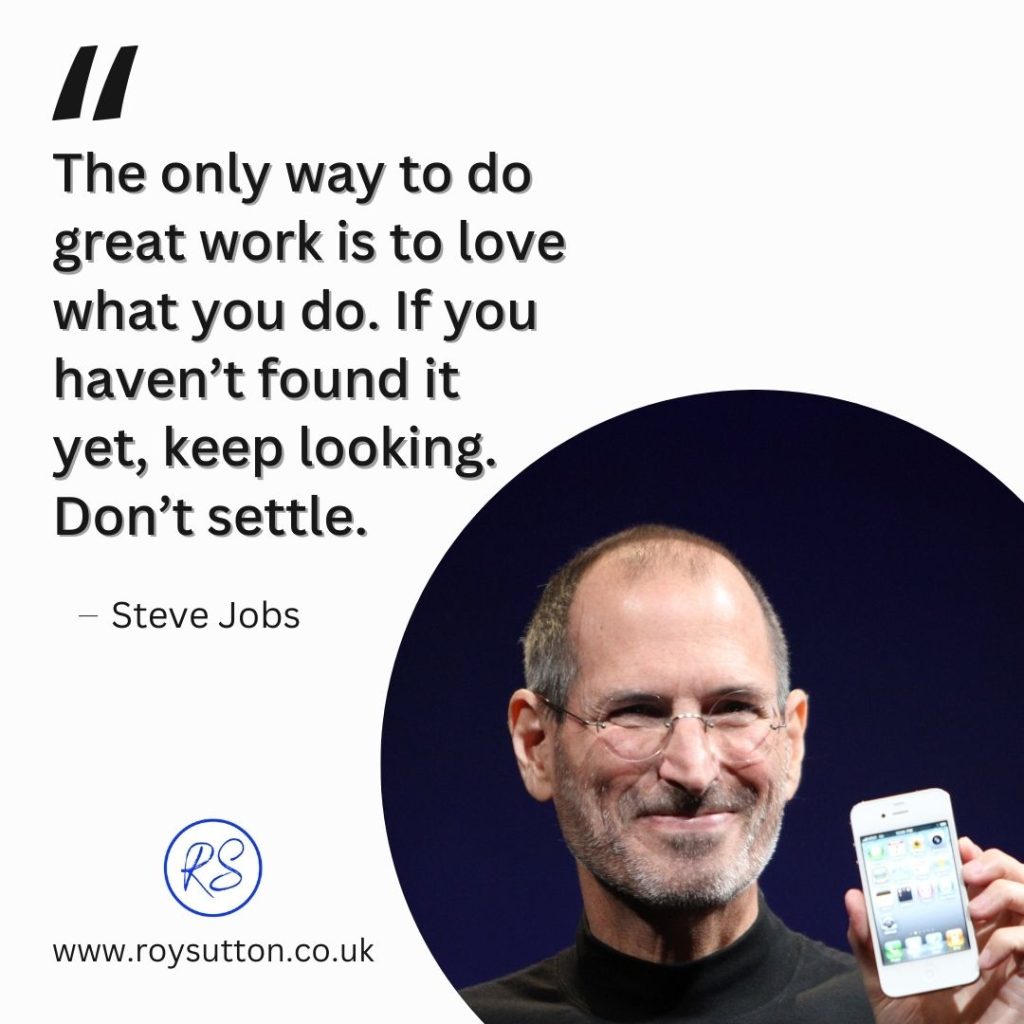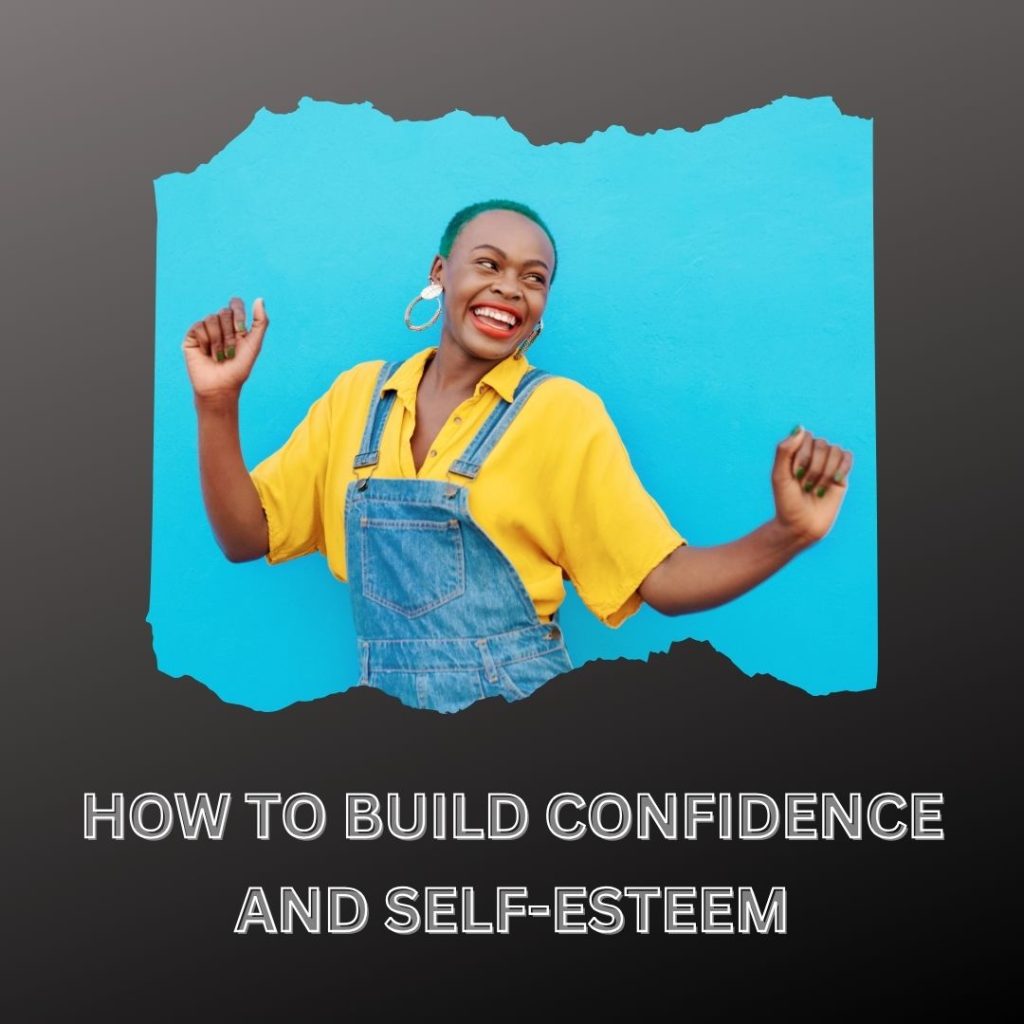
Today I aim to explore the power of words.
Have you ever considered just how powerful words can be? In my experience, the power of words can have a much greater impact than you might imagine.
Let me tell you a heartwarming story to emphasize today’s point.

The reunion:
Some time ago I had lunch with a group of old friends.
Now there’s nothing unusual about that, you might say.
Even though it was the first time we’d all been together in the same place at the same time for more than 40 years, it was nothing exceptional.
Such reunions happen all the time, don’t they?
It was a genuine pleasure to see them all again and swap stories about how our lives had progressed since those far-off days.
However, it’s the story of one of my fellow diners that day that’s worth sharing with you now because I think it’s a source of inspiration and reinforces the importance of just how powerful words can be.
Saeed’s story:
Back in the day, we were all working together for the national telecommunications operator in the Middle East.
Three of us had been young, graduate engineers on an upward career trajectory, with the future seemingly ours for the taking. We had it all.
The other member of our group, let’s call him Saeed, had been the handyman and tea boy in the department at that time.
Saeed was then just a young teenager, straight out of school.
He was a bright and willing fellow, but he had no academic qualifications, and he spoke very little English at the time.
Now Arabic was his mother tongue, of course, but in the international business we were in, a good command of spoken English was essential if you were to have any chance of career success.
Saeed came from a poor village, and his perceived failure at school had left him feeling that, at just 16, he’d blown his chances and was destined for a life filled with low-paid, low-skilled jobs.

The power of words:
Fast forward 40+ years, and Saeed’s now every bit the poor-boy-made-good story.
Not only is he now a wealthy international businessman with two very successful businesses, he also has a string of qualifications, including two doctorate degrees. Now completing one PhD is hard work, but two? Wow.
In short, his success is impressive by any measure.
Nevertheless, how did Saeed get from where he was then to where he is now?
The simple answer, of course, is with determination and a lot of hard work.
You cannot achieve anything without those ingredients.
However, he also needed a reason to believe. He needed a spark to light the fire. And that is where the story gets interesting.
The spark that lit the fire:
Over lunch, Saeed explained that it was a kind and encouraging word, back in the day, from one of our fellow diners that had made him believe that he could make a success of his life despite a poor start.
My fellow diner, let’s call him Tom, didn’t even remember the conversation.
So, what was this kind and encouraging word?
Your past does not define your future.
The past is just a series of lessons. Beyond that, it doesn’t matter.
The future is an endless stream of opportunities we can choose to take or not.
Tom had explained these basic principles to Saeed and encouraged him to pursue his dreams.
You can make your life whatever you want it to be. That was Tom’s message. The life you want can be yours if you’re willing to work hard for it.
The impact:
The power of these well-timed words of encouragement had an impact on Saeed. It propelled him to a destiny he did not think possible. And that is today’s underlying point.
Words have power; choose them wisely.
The power of words matters. A few well-timed words can inspire young people.
And never, ever forget that young people need encouragement much more than they need criticism.
Encourage young people:
So next time you’re working with someone in the early stages of life’s journey, remember your words can have the power to encourage them.
Unfortunately, they can also have the potential to discourage them if you’re not careful.
What you say and the tone with which you say it does matter.
Always offer young people positive words of encouragement rather than harsh words of criticism.
Never, ever forget how powerful your words can be. The right words, at the right time, really can inspire young people to achieve their full potential.
Leave a legacy:
If you want to leave a legacy behind you, then it would be hard to improve on encouraging a young person to become the best and most successful person he or she could be.
Remember the power of words. You have power with your words. Use it wisely.

Please share this post with your friends:
If you found this article on the power of words useful, please share it on social media with your friends. When you share, everyone wins.
Please share it now, and I’ll be forever grateful. You’ll be helping a keen blogger reach a wider audience.
Your support is appreciated. Thank you.

Other articles you might also find interesting:
- Public Speaking: The Power of the Pause
- Productivity Tips: How to Structure Your Day
- George Carlin’s Top 10 Rules For Success
- 4 cornerstones for how to speak so people will listen
- A Motivational A – Z Guide to Success
- Have the courage to step out of your comfort zone
- 3 of life’s lessons learned that you really should know
- Valuing people must take precedence in the modern age
- Top wealth creation strategies for financial success
- Why an investment in knowledge pays dividends
- 13 tips for improving your personal happiness
- Steve Jobs’ Top 10 Rules For Success to inspire you
- 25 inspirational stories of people going from rags to riches
- How to find the right job for you: Simply Explained
- How to spot a liar and be your own lie detector
- Self-promotion and why it matters if you want success
- 21 things you need to know in life to avoid its pitfalls
- 9 tips for getting the most from your work
© Mann Island Media Limited 2025. All rights reserved.



